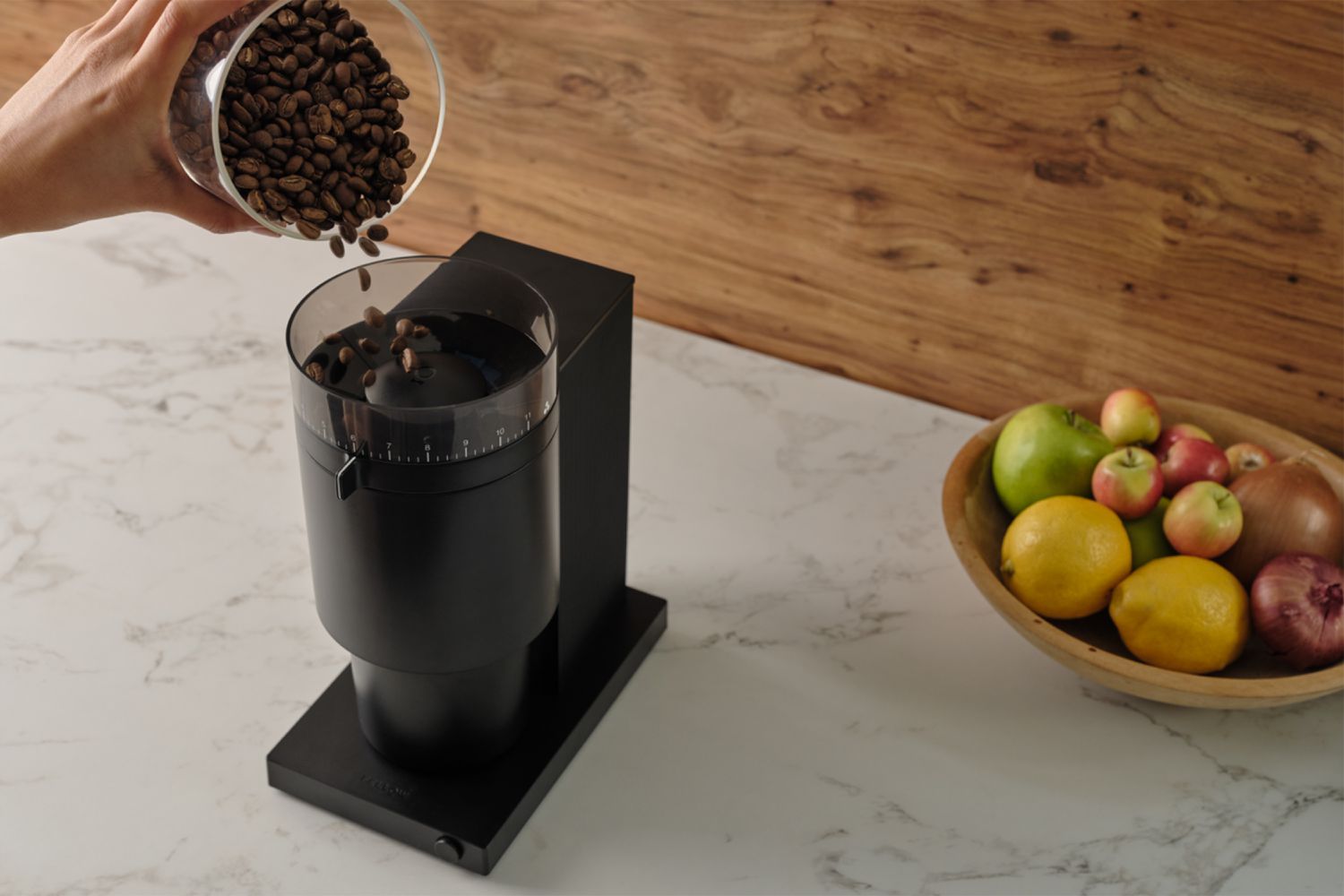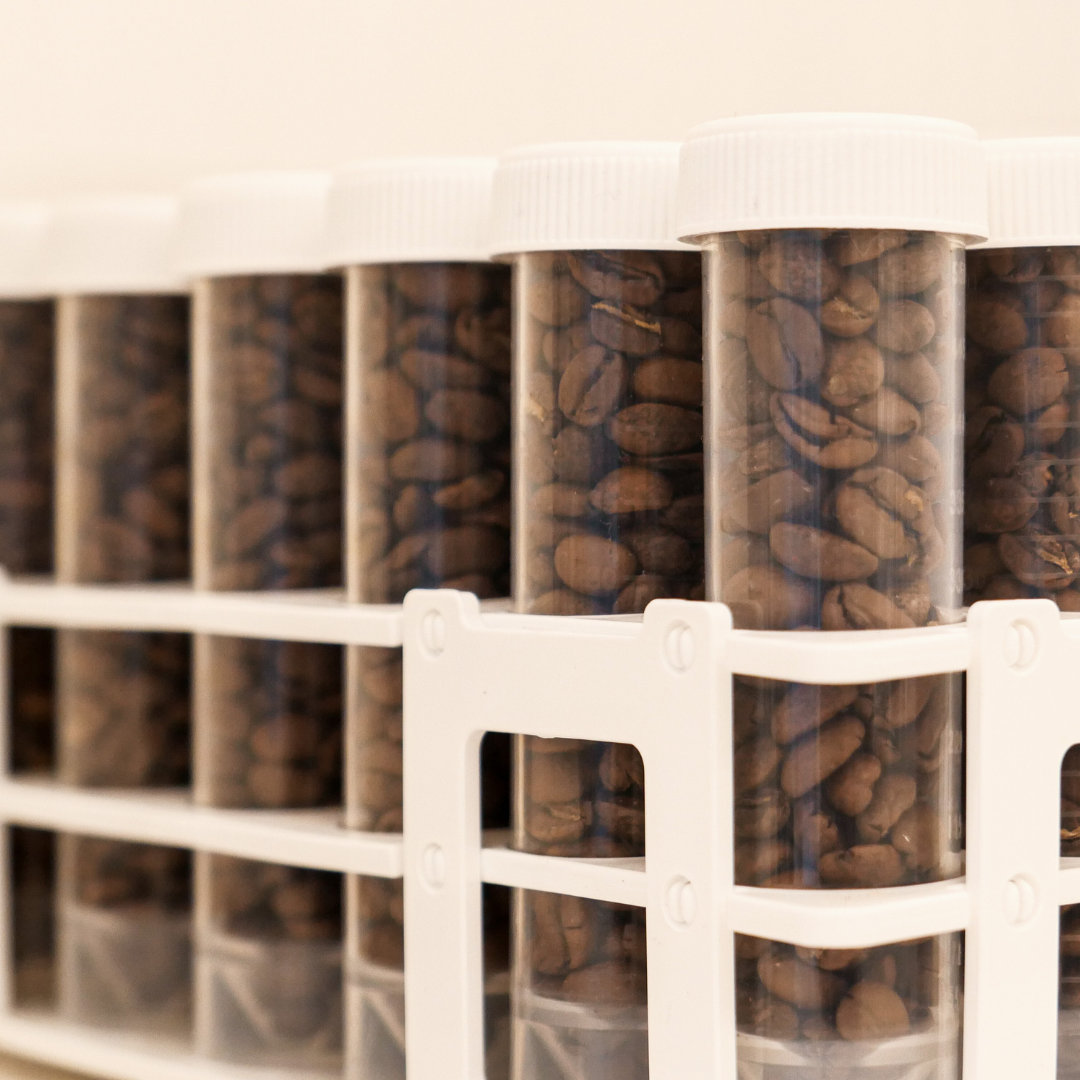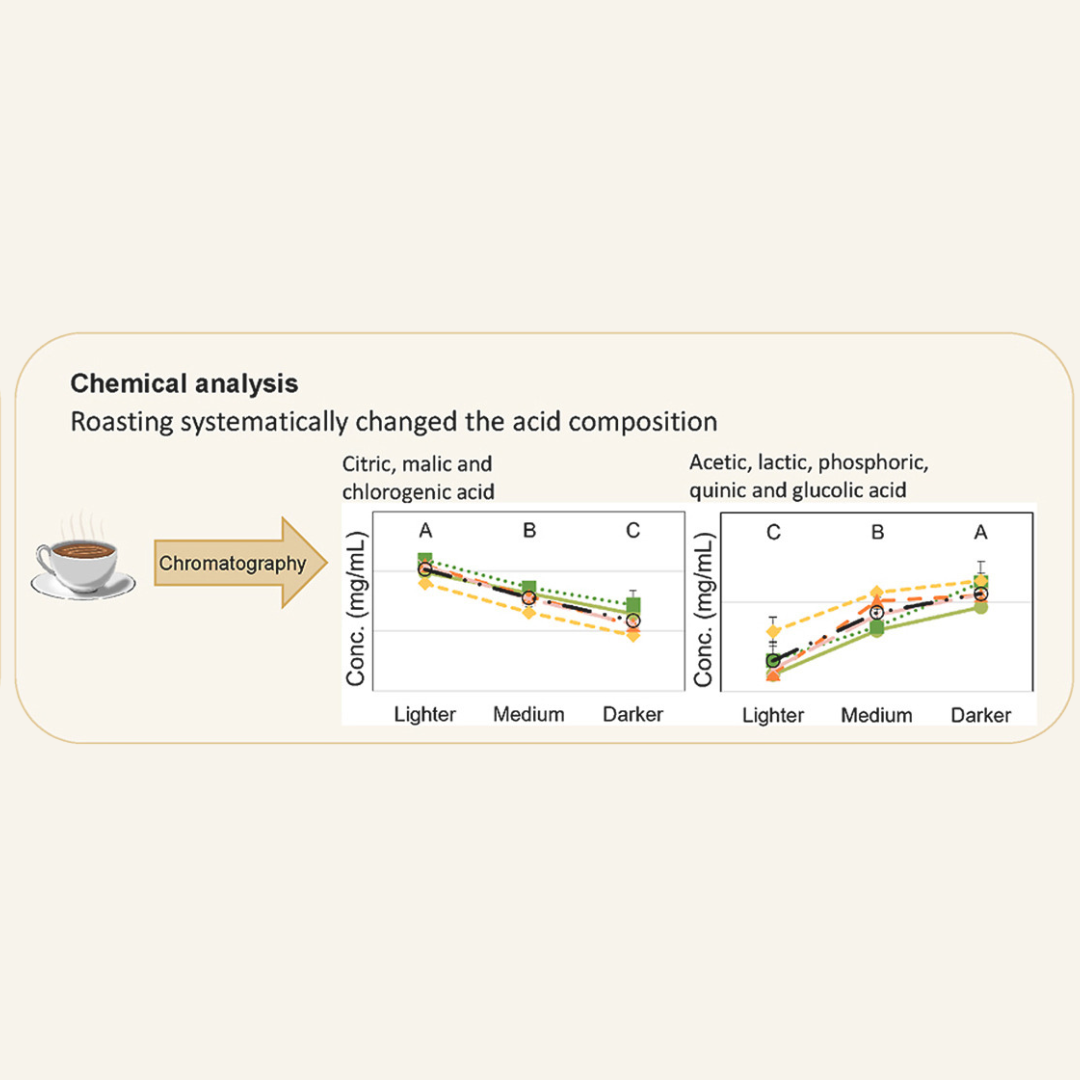Introduction
Fellow has launched a new line of grinders - the Fellow Opus - which aims to cater to espresso lovers at a very affordable price, potentially changing the market. In this review, I will examine the Fellow Opus grinder in detail, covering its build quality, design, user experience, grind adjustment, and grinding performance based on my experience for the last three months.
Notice
I wish Fellow had sponsored me to write this review, though I couldn't :) I bought this grinder for my home cafe in June and played for about 3months. Opinions and the content of this review are entirely unbiased and not influenced by Fellow.
Build Quality / Design
If you're looking for an affordable grinder, you may be worried about its build quality. The Fellow Opus does have some compromises in this area - the outer shell and catch cup are plastic. This might disappoint those who prefer premium build quality, but it's a reasonable compromise to keep costs down without affecting the quality of the grind. Interestingly, the Opus looks a lot like the more expensive Ode grinder, which has an all-metal construction. Despite its lighter weight, the grinder is stable during use. However, the base plate is made of plastic, so that it may become scratched or worn over time. In terms of its design, the Opus has a cylindrical grinding chamber and incorporates familiar features from the Ode. Fellow has always prioritized design, and the Opus maintains this tradition, offering a pleasant user experience.

User Experience
The Fellow grinder has an effective anti-static system that keeps static buildup to a minimum during grinding. This feature makes for a cleaner and more convenient workflow than other budget grinders. The grinder operates smoothly and quietly, avoiding the inconvenience of noisy grinding. However, it does not have the automatic stop feature found in the Ode, which some users may miss. The dosing cup that comes with it is designed to accommodate both espresso and filter dosing, making it versatile for a wide range of users, and its design is clever and functional.
Grind Adjustment
The Fellow Opus has a few limitations regarding its grind adjustment mechanism. Although it provides 41 grind steps, they are slightly too big for precision when dialling in for espresso. To address this, Fellow has included a micro-adjustment system, but it can be difficult to use. Adjusting the micro setting to a finer grind results in the dial showing a coarser partial tick, which can be confusing. Additionally, the micro-adjustments do not evenly divide the macro steps, making the process more complex. Users may need to try various macro and micro-adjustments to achieve the desired grind size. This may seem like an odd design choice for a grinder aimed at entry-level users, and it is a notable drawback.

Grinding Performance
Despite having a few quirks with its grind adjustment, the Fellow Opus grinder excels in terms of performance. Its powerful motor can easily handle even the lightest and most dense specialty coffee beans. The grinder does not stall, even with extremely light roasts(Yes, our light roast coffees!), demonstrating its impressive capabilities.
In terms of retention, the Opus holds back a minimal(?) amount of between 0.5 to 1 grams, making it acceptable for single-dosing. However, users must manually tap or use the lid to remove any stuck grounds since the grinder lacks a knocker.
The true test of any grinder is the coffee's taste, and the Opus does not disappoint. Opus uses a conical burr, bringing a heavier body and complex flavour than flat burr grinders. This works really well with natural coffees!

Conclusion
The Fellow Opus grinder is an excellent choice for coffee enthusiasts who want exceptional value. It can grind a variety of coffee beans, even the lightest roasts. Its sturdy construction, anti-static system, and user-friendly design make it a desirable option. The Fellow Opus is a game-changer in value and is expected to significantly impact the coffee grinder market.



